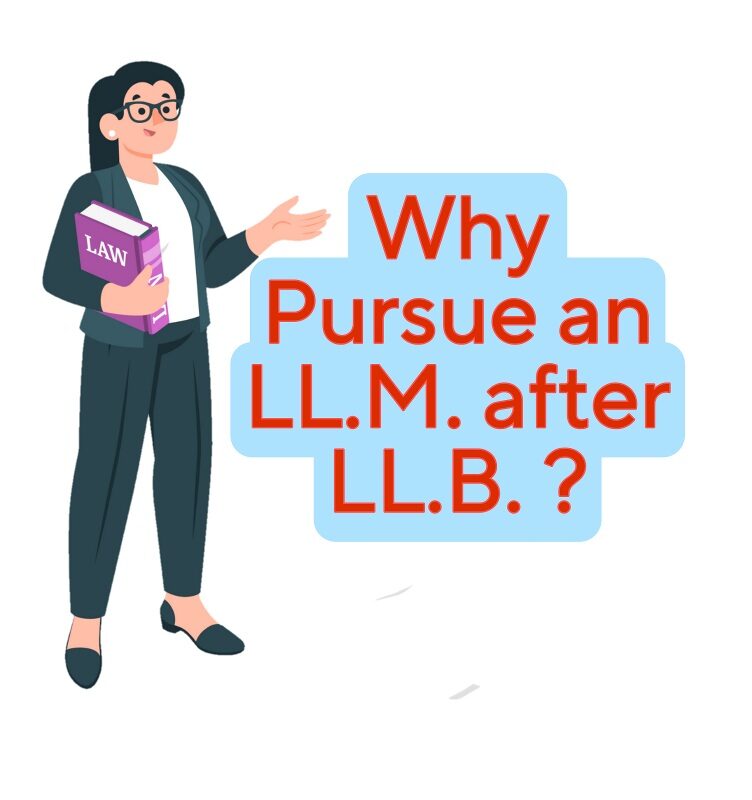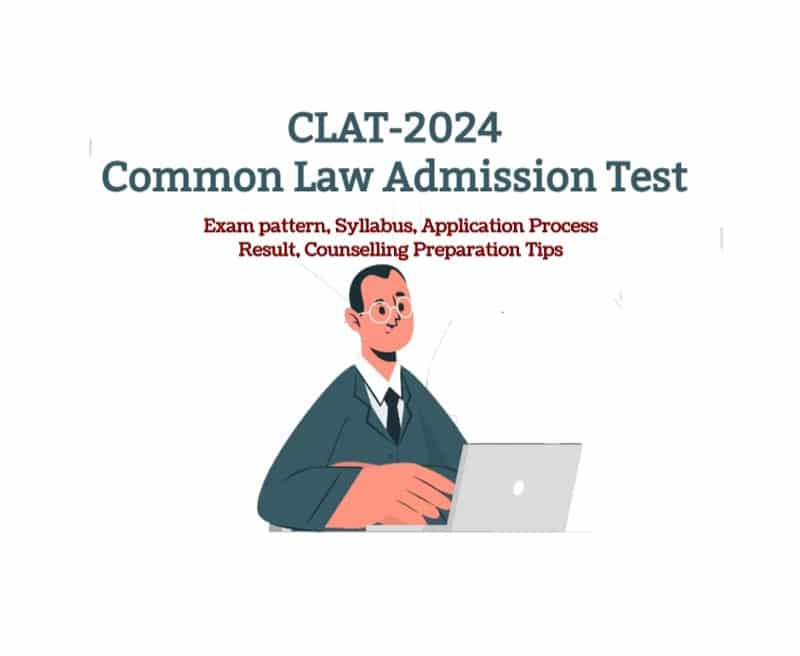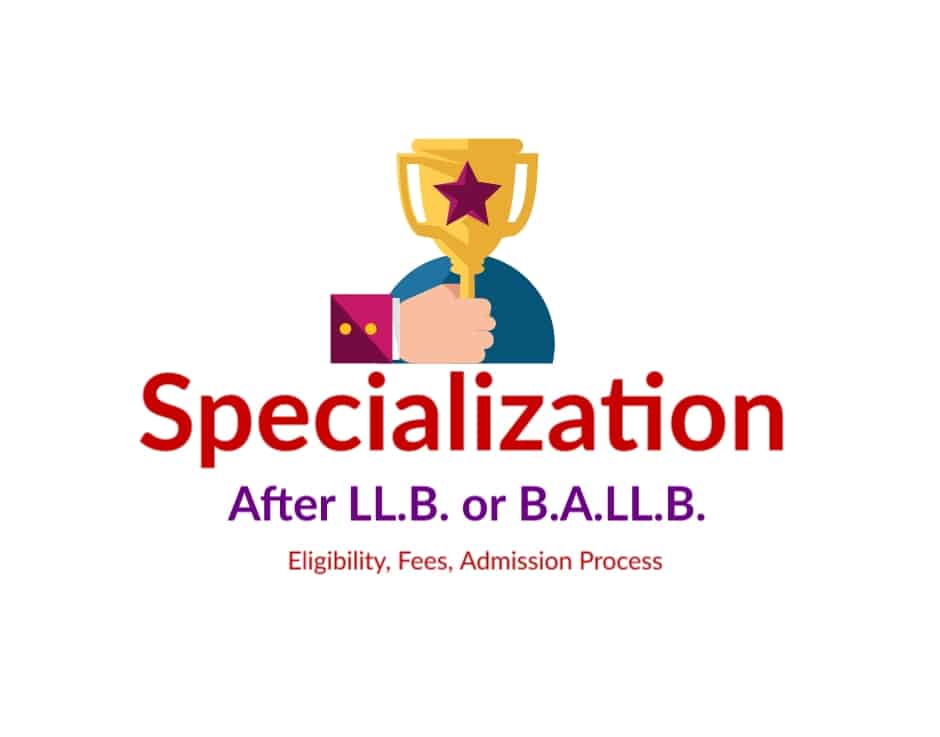Law education plays a crucial role in shaping the legal system and society as a whole. It equips individuals with the knowledge and skills necessary to understand and navigate the legal framework of a country. Pursuing a law course after 12th opens up a wide range of opportunities in the legal profession and related fields.
Why Pursue Law Education After 12th
- Understanding of Legal Rights and Responsibilities: Law education provides individuals with a comprehensive understanding of their legal rights and responsibilities as citizens. It empowers them to make informed decisions and ensures that their actions are within the boundaries of the law.
- Upholding Justice and Equality: Law is the backbone of a just society. Studying law enables individuals to promote justice, equality, and fairness. It equips them with the tools to advocate for the rights of marginalized communities and work towards a more equitable society.
- Career Opportunities in the Legal Field: Pursuing law after 12th opens up diverse career paths in the legal profession. Graduates can become advocates, legal advisors, legal consultants, corporate lawyers, judges, legal researchers, or work in government departments, public institutions, or the judiciary.
- Enhancing Critical Thinking and Analytical Skills: Law education develops critical thinking and analytical skills. It trains students to interpret complex legal issues, analyze precedents, and apply legal principles to real-world situations. These skills are valuable in various professional fields, such as policymaking, management, and entrepreneurship.
- Contributing to Social Change: Lawyers and legal professionals have historically played a significant role in driving social change and advocating for human rights. Law education equips individuals with the knowledge and tools to address social issues and work towards a more just and inclusive society.
Law Courses in India
In India, there are various law courses available for students after completing their 12th standard. The two main categories of law programs are undergraduate (UG) and postgraduate (PG) courses.
Undergraduate Law Programs
- Bachelor of Laws (LLB): LLB is a three-year undergraduate program that provides a comprehensive understanding of the legal system and its various aspects. It is the traditional and most common law course pursued by students after 12th.
- Integrated Law Programs: Integrated law programs combine a bachelor’s degree with LLB, resulting in a dual degree. These programs have a duration of five years and are offered in various disciplines such as BA LLB, BBA LLB, B.Com LLB, etc.
Postgraduate Law Programs
- Master of Laws (LLM): LLM is a postgraduate program for law graduates who wish to specialize in a specific area of law. It offers advanced knowledge and expertise in specialized fields like constitutional law, corporate law, criminal law, international law, etc.
- Integrated LLM Programs: Integrated LLM programs combine a bachelor’s degree with LLM, providing an opportunity for students to complete both degrees in a streamlined manner.
Integrated Law Programs (BA LLB, BBA LLB, B.Com LLB, etc.)
Eligibility Criteria
- Educational Qualification: Candidates must have completed 10+2 or its equivalent from a recognized board.
- Minimum Marks: Generally, a minimum aggregate score of 45-50% is required (may vary among universities).
Qualifying Marks Requirements
Candidates are required to meet the minimum marks criteria specified by the university or institution offering the integrated law program. The qualifying marks may vary from one institution to another.
Admission Process
- Entrance Exams: Some universities conduct entrance exams specifically for integrated law admissions, while others admit students based on merit in the qualifying examination.
- Common Law Admission Test (CLAT): Many National Law Universities (NLUs) accept CLAT scores for admission to integrated law programs.
- Other Entrance Exams: Some universities have their own entrance exams (e.g., AILET, LSAT) for integrated law admissions.
- Application Process: Candidates need to fill out the application form, pay the application fee, and submit the required documents within the specified deadline.
Duration of the Course
Integrated law programs have a duration of 5 years, combining the undergraduate degree with the LLB degree. The program is structured to provide a comprehensive understanding of the chosen field along with a strong legal foundation.
Fees and Expenses
The fees for integrated law programs vary among universities and can depend on factors such as the reputation of the institution, facilities provided, and whether it is a government or private college. The fees can range from affordable to relatively expensive. Government colleges generally have lower fees compared to private institutions. It is advisable to check the respective university’s official website for accurate and up-to-date information on fees and expenses.
Career Opportunities
Integrated law programs offer a wide range of career opportunities, including:-
- Legal Practitioner: Become an advocate or lawyer and practice law in courts.
- Corporate Legal Advisor: Work with corporate firms or organizations to provide legal advice and handle legal matters.
- Legal Consultant: Provide legal advice and consultancy services to individuals or businesses.
- Judiciary Services: Prepare for judicial services examinations to become a judge in the judiciary system.
- Legal Analyst: Analyze and interpret laws and regulations for corporate or government entities.
- Legal Compliance Officer: Ensure that organizations comply with legal and regulatory requirements.
- Legal Researcher: Work as a researcher or academician in legal research organizations or universities.
- Legal Journalist: Pursue a career in legal journalism and reporting.
- Business Management Roles: Integrated law programs like BBA LLB and B.Com LLB provide opportunities in corporate management roles, where legal knowledge is highly valued.
It’s important to note that the specific eligibility criteria, qualifying marks, admission process, fees, and career opportunities may vary among institutions offering integrated law programs. Therefore, it is recommended to check the official websites of the respective universities or institutions for accurate and up-to-date information.
In conclusion, pursuing law courses after 12th provides a promising pathway for students interested in the legal field. With a variety of undergraduate and integrated programs like LLB, BA LLB, BBA LLB, and B.Com LLB, students can gain comprehensive legal knowledge and skills. Furthermore, postgraduate options such as LLM, specialized diplomas, and certificate courses offer opportunities for advanced specialization and career advancement. These courses equip students with the necessary expertise to excel as legal professionals, consultants, researchers, and advocates, contributing to the legal system and society at large.






Is ther any diploma courses in law after 12th to practice as an advocate
fluoxetine insomnia how long
fluoxetine insomnia how long
flagyl gestante
flagyl gestante
what happens if you stop taking zoloft
what happens if you stop taking zoloft
what happens if you take more than one escitalopram a day
what happens if you take more than one escitalopram a day
prescription gabapentin
prescription gabapentin
can you take gabapentin with cymbalta
can you take gabapentin with cymbalta
lexapro dosage range
lexapro dosage range
sildenafil citrate 100
sildenafil citrate 100
can you buy cephalexin over the counter
can you buy cephalexin over the counter
azithromycin cvs
azithromycin cvs
duloxetine overdose amount
duloxetine overdose amount
does alcohol interfere with keflex
does alcohol interfere with keflex
ciprofloxacin hydrochloride ophthalmic solution 0.3 for pink eye
ciprofloxacin hydrochloride ophthalmic solution 0.3 for pink eye
can i take cephalexin if i’m allergic to penicillin
can i take cephalexin if i’m allergic to penicillin
bactrim single strength
bactrim single strength
how long do side effects of bactrim last
how long do side effects of bactrim last
amoxicillin-clavulanate 875-125 mg per tablet
amoxicillin-clavulanate 875-125 mg per tablet
ubat contrave harga
ubat contrave harga
can flomax cause retrograde ejaculation
can flomax cause retrograde ejaculation